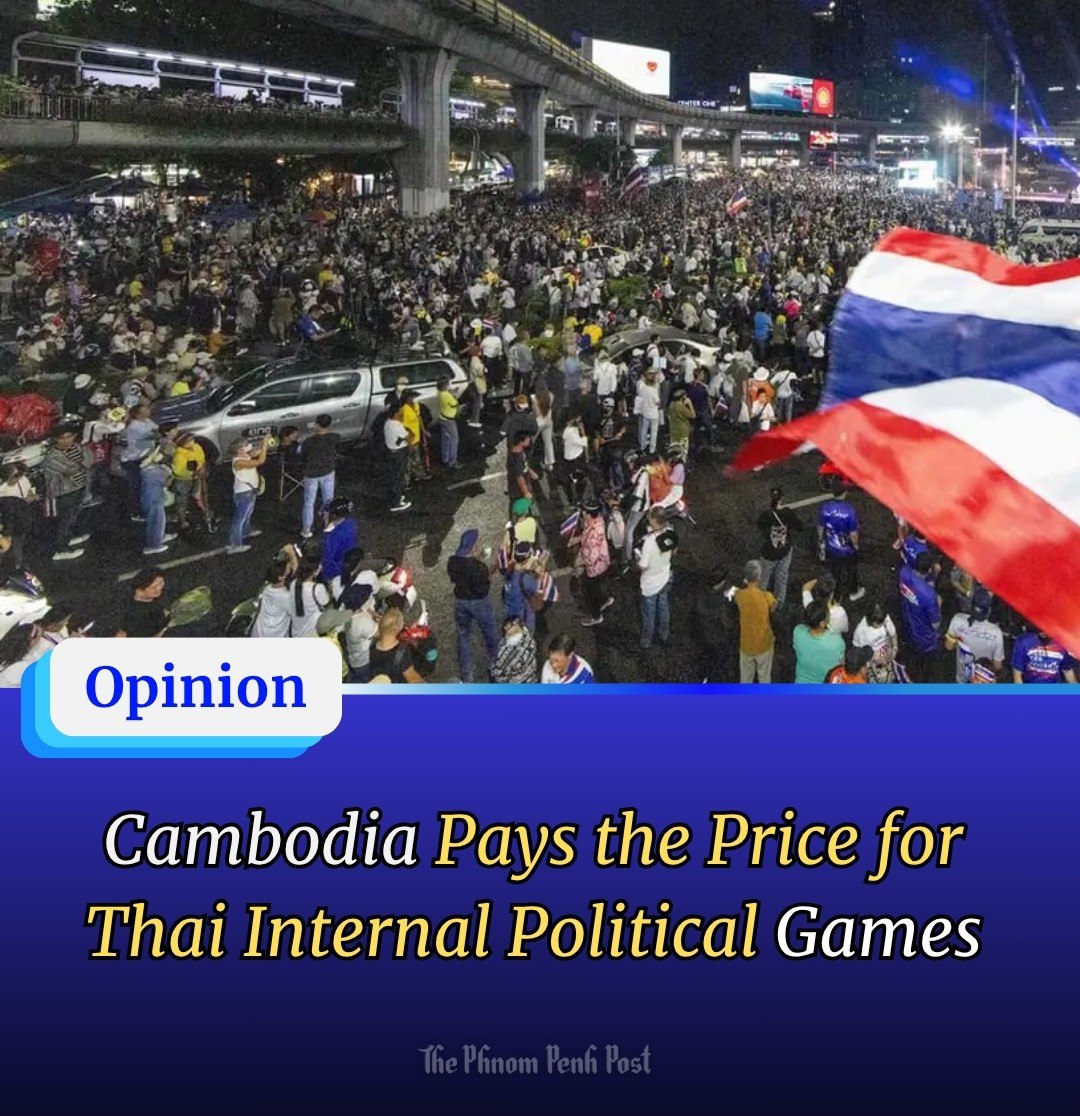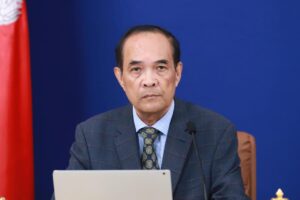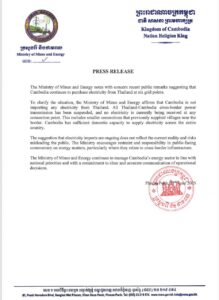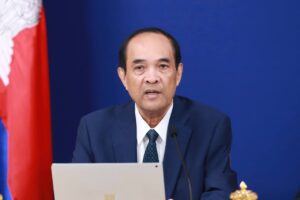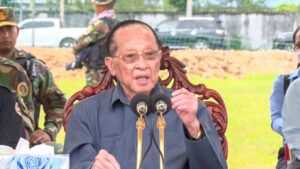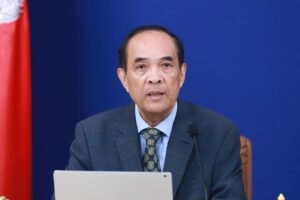Cambodia Pays the Price for Thai Internal Political Games
Border clashes between Cambodia and Thailand are not new, but recent events highlight a deeper issue rooted not in territorial disputes, but in Thailand’s internal political conflict.
Since the end of the absolute monarchy in 1932, Thailand has experienced frequent military coups. Although not officially recognised, these coups often receive implicit support from the monarchy, especially when a civilian government becomes popular among the Thai public.
Today, tensions are rising again as the Thai military strategically positions itself to challenge the government of Prime Minister Paetongtarn Shinawatra, the daughter of Thaksin Shinawatra, who was himself removed from power in a 2006 coup. To build domestic support for their political ambitions, the military is utilising a powerful force in Thai society: Nationalism.
To fuel this nationalist agenda, the Thai military started border clashes with Cambodia on May 28, killing Cambodian soldier Suon Rorn. Cambodia immediately expressed her intention to file a lawsuit with the ICJ for a peaceful resolution. However, Thai military leader Lieutenant General Boonsin Padklang rejected this approach and chose military confrontation over diplomacy.
The situation worsened when Thai soldiers were injured by landmines while patrolling what they claimed as Thai territory. The mines were remnants from Cambodia’s civil war on Cambodian land that hadn’t been cleared. Instead of admitting their illegal cross-border activity, the Thai military accused Cambodia of negligence, and the Thai civilian government, competing with the military for popularity among Thai people, expelled Cambodia’s ambassador. They also closed access to key tourist sites, including Khmer temples inside Cambodian territory.
The most dangerous escalation occurred when the Thai military opened fire and crossed into Cambodia, damaging the Preah Vihear Temple, a UNESCO World Heritage Site. They also targeted civilian sites in Cambodia, including religious sites and a hospital, which is prohibited by international law. Civilian lives have been lost. Cambodia’s Prime Minister Hun Manet has called on ASEAN, the UN Security Council, and US President Donald Trump to intervene and force a peaceful resolution. The Thai civilian government agreed to a ceasefire, but later withdrew from the agreement, likely because the Thai military refused to follow the government’s instructions and continued to expand the fighting from the ground and air to sea.
In conclusion, the root cause of the current conflict lies in Thailand’s internal power struggle between its military and civilian leadership. Unfortunately, Cambodia, a smaller neighbour, is being dragged into this crisis for political leverage. Hopefully, Thai internal politics will stabilise soon, so Cambodia may be freed from a situation she did not provoke. This issue must be resolved through diplomacy, not force.
Moon Pich is a US-based defence analyst. The views and opinions expressed are his own.
source: Phnom Penh Post

